Refugee Status
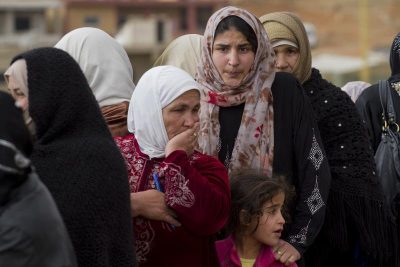
Congress Continues its Knee-Jerk Reaction to Paris Attacks
Today, the House of Representatives passed H.R. 4038, the “American Safe Act of 2015” by a vote of 289 to 137, with 47 Democrats and all but two Republicans supporting the bill. This comes less than one week after the horrific attacks in Paris, which have left many feeling… Read More
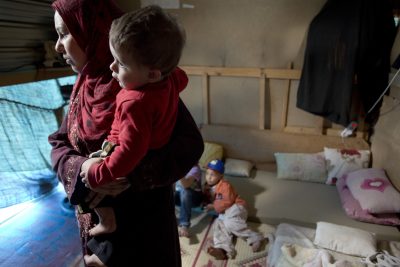
An Overview of U.S. Refugee Law and Policy
The United States has long been a global leader in the resettlement of refugees—and the need for such leadership remains enormous. Read More
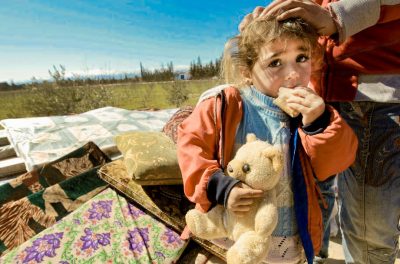
Refugees Should Not Pay the Price for Paris Attack
The attacks that took place in Paris just days ago sadly reflect the volatile times in which we live. The horror we witnessed was quickly followed by national mourning and an outpouring of compassion and humanity from the international community. But, fear is a powerful force, and in the aftermath… Read More

The Growing African Immigrant Population in the United States
Much is said and written about the immigrant population in the United States. However, most work focuses on immigrant populations from Latin America and Asia. Fortunately, the Pew Research Center has just provided a new snapshot of the foreign-born population that hails from countries across Africa. While Africans remain a… Read More

DHS Secretary Johnson Discusses Border Security, Executive Action, Refugees and PEP
On Thursday, Secretary Jeh Johnson of the Department of Homeland Security (DHS) addressed the 12th Annual Immigration Law and Policy Conference, covering a wide-range of topics, from border security to the new Priority Enforcement Program (PEP) to executive action and refugees. Secretary Johnson began his remarks calling attention to… Read More
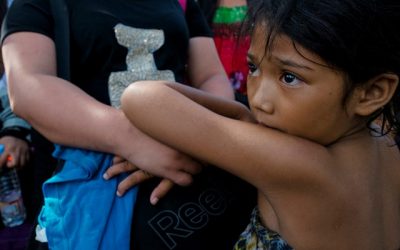
UN Report Highlights Worsening Refugee Crisis in the Americas
The Northern Triangle of Central America—comprising El Salvador, Guatemala, and Honduras—is now one of the most dangerous places on the planet. The United Nations estimates that Honduras has the highest homicide rate in the world, while El Salvador comes in fifth and Guatemala sixth. It is for this reason that so many Central American families have made the very difficult decision to send their children out of their home countries, bound primarily to the United States, in the care of often violent and abusive smugglers. However, the refugee crisis currently gripping the Northern Triangle encompasses not only unaccompanied children, but mothers with children, as well as entire families. And it shows no signs of ending anytime soon. Read More

Report Highlights Uncertain Futures of Unaccompanied Child Migrants
Although their numbers have declined this year, unaccompanied children (UACs) from El Salvador, Guatemala, Honduras, and Mexico continue to arrive at the U.S.-Mexico border by the thousands. Many—particularly those from Central America—are refugees fleeing horrific levels of violence in their home countries. Others might more properly be termed… Read More

Refugee Security Process is Already Robust, Senate Hearing Shows
The United States plays an important role in protecting thousands of the world’s most vulnerable people fleeing persecution in their home countries. At no point in U.S. history has this role been more crucial—the violence and devastation in Syria has led to the largest number of refugees since World War… Read More
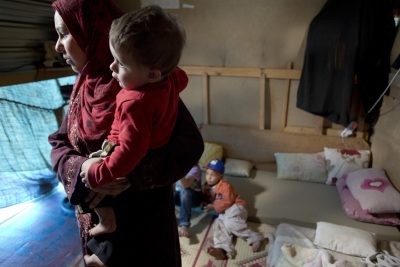
How Should the U.S. Respond to the Syrian Refugee Crisis?
As the Syrian refugee crisis mounts, the United States is being pressured both internally and externally to take in more of the nearly 4 million refugees that have been displaced due to ongoing conflict in Syria. To date, the United States. has taken in 1,500, or less than 0.03… Read More
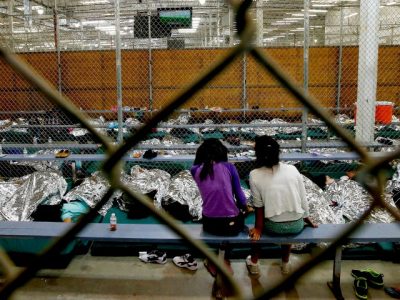
New Report Evaluates Scale of the Central American Refugee Influx
The Central American refugee influx along the U.S.-Mexico border, which generated so much press attention in 2014, is not going away anytime soon. The conditions which spur Salvadorans, Guatemalans, and Hondurans to flee their countries in large numbers—namely, widespread violence and grinding poverty—have not changed. Nor has the fact that… Read More
Make a contribution
Make a direct impact on the lives of immigrants.
